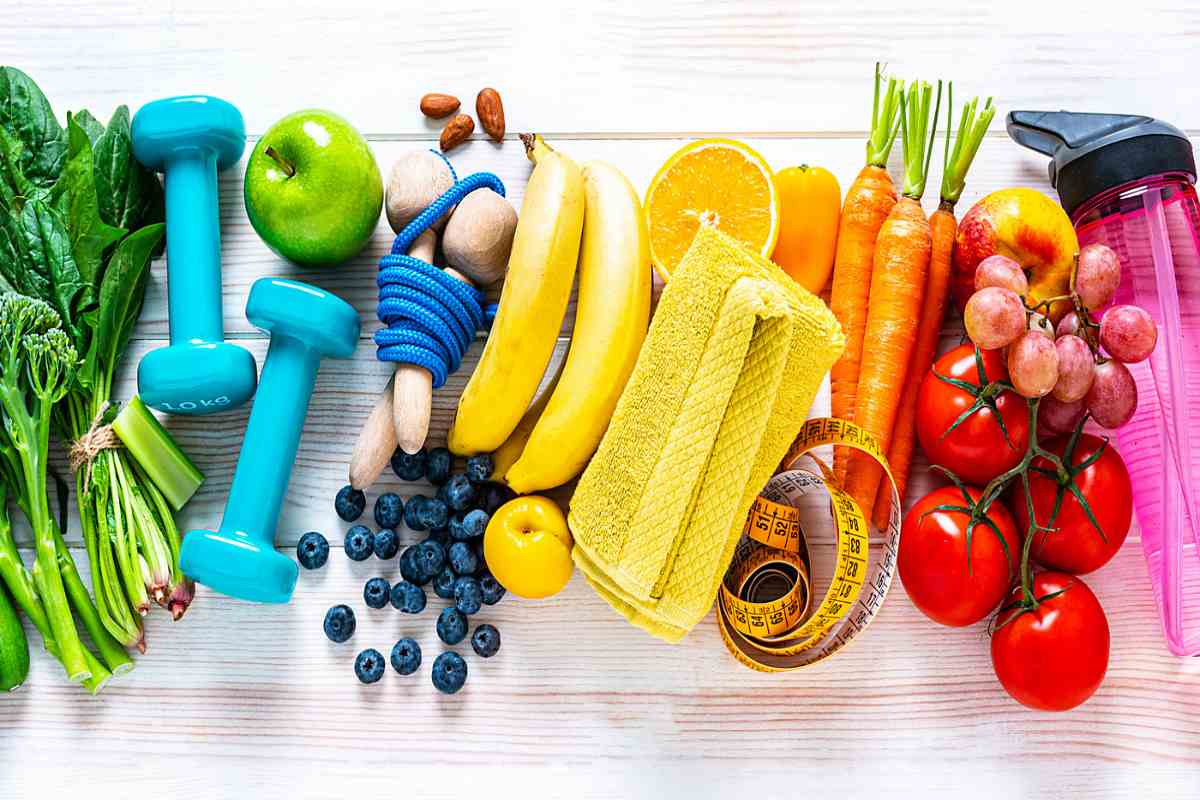In the quest for holistic wellness, nutrition and fitness are two sides of the same coin. Achieving a balance between what we eat and how we move our bodies is crucial for not only reaching our physical health goals but also for enhancing our mental well-being. This harmonious relationship between diet and exercise forms the foundation of a sustainable and fulfilling lifestyle. However, navigating the vast sea of dietary advice and workout trends can be overwhelming. Simplifying this journey by focusing on key principles can help demystify the process and set the stage for lasting wellness.
Understanding the symbiotic relationship between nutrition and fitness is the first step toward holistic health. Just as a car needs the right type of fuel to run efficiently, our bodies require the right nutrients to perform at their best, especially when coupled with physical activity. A well-balanced diet rich in fruits, vegetables, whole grains, lean proteins, and healthy fats provides the energy and building blocks necessary for fitness activities and recovery. Conversely, regular physical activity enhances metabolic health, aiding in nutrient absorption and utilization.
Table of Contents
Personalized Nutrition Plans
Creating a nutrition plan that aligns with your fitness goals is essential. Whether you’re looking to lose weight, build muscle, or improve endurance, your diet should reflect these objectives. For instance, muscle building requires an increased intake of protein to repair and grow muscle fibers, while endurance training benefits from a higher proportion of carbohydrates for sustained energy. Consulting with a nutritionist or dietitian can provide tailored advice that considers your unique dietary needs and preferences.
The Role of Hydration
Hydration plays a pivotal role in both fitness and nutrition. Water is essential for almost every bodily function, including digestion, absorption, circulation, and temperature regulation. Maintaining proper hydration improves workout performance and efficiency, while also aiding in the digestion and transportation of nutrients. Aim to drink at least eight 8-ounce glasses of water daily, and more if you’re engaging in intense workouts or live in a hot climate.
Integrating Fitness into Daily Life
Incorporating regular physical activity into your daily routine doesn’t have to mean spending hours at the gym. Simple changes, such as taking the stairs instead of the elevator, going for a walk during your lunch break, or engaging in a hobby that requires physical exertion, can significantly contribute to your fitness. For those looking for more structured workouts, considering an in-home personal trainer can provide the convenience and personalized attention needed to achieve specific fitness goals.
Mindfulness and Rest
Embracing mindfulness in eating and acknowledging the need for rest are key to holistic wellness. Mindful eating focuses on savoring each bite and listening to your body’s hunger signals, while recognizing the importance of rest days ensures recovery and prevents injury, fostering a balanced approach to nutrition and fitness.
Conclusion
Achieving holistic wellness through the integration of nutrition and fitness is a journey that requires balance, education, and mindfulness. By personalizing your diet and exercise plan, staying hydrated, incorporating physical activity into your daily life, and listening to your body’s needs, you can create a sustainable lifestyle that promotes both physical and mental well-being. Remember, the goal is progress, not perfection. Embrace each step of your journey with patience and persistence, and the rewards of holistic wellness will unfold.

